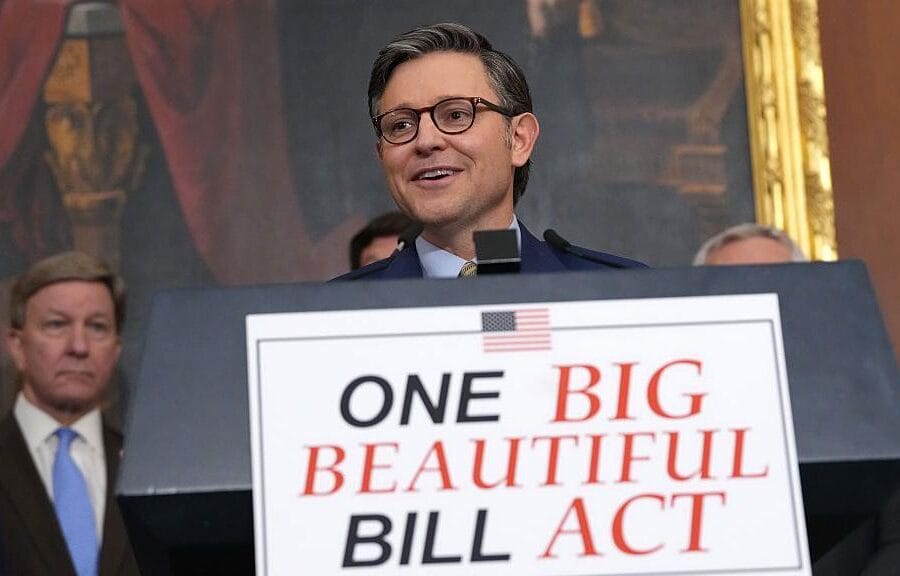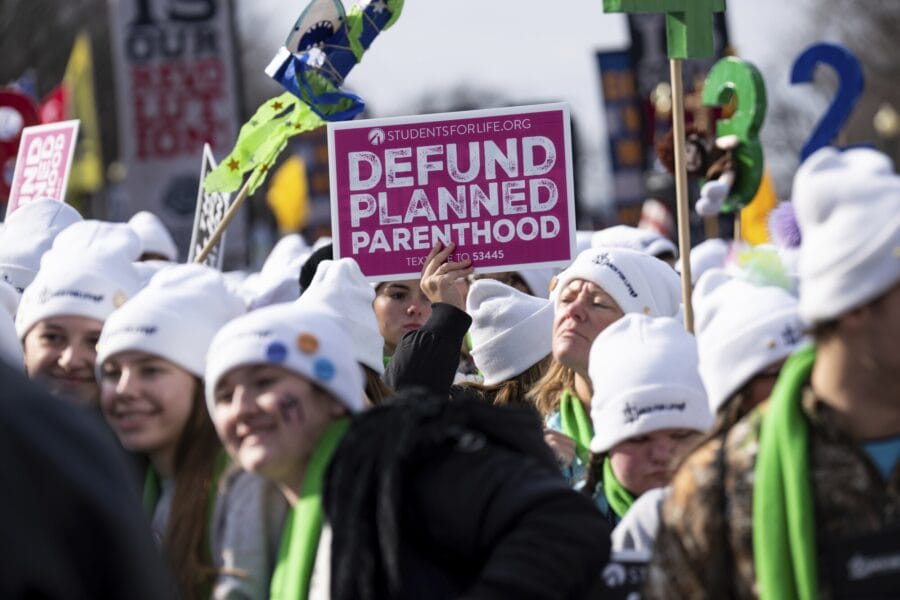FOR LEGAL ANALYSIS OF TODAY’S JUDGE NEAL GORSUCH HEARING, GO TO SCOTUS101
WASHINGTON, D.C. (03-20-17)– In advance of the U.S. Senate Judiciary Committee hearings on the nomination Judge Neil Gorsuch to the U.S. Supreme Court, Americans United for Life’s Legal Team launched a special SCOTUS101 project to highlight some of the crucial legal principles impacting Gorsuch’s nomination and his potential tenure on the Court, discussed today.
During the hearings, AUL, the legal architect of the pro-life movement, is providing daily analysis of the testimony, supplying a unique perspective drawn from more than 40 years of drafting, advocating for, and defending laws impacting life and looking forward to a world after Roe v. Wade, when the states will again decide how best to protect mothers and their unborn children.
Gorsuch Confirmation Hearings Day One:
Not Settled, Not Safe
By Deanna Wallace, Esq.
Today marked the beginning of the historic Senate confirmation hearings to confirm Tenth Circuit Court of Appeals Judge Neil M. Gorsuch, as the replacement for the late, great Justice Antonin Scalia.
This was just the opening salvo of what is expected to be four days of hearings by the Senate Judiciary Committee, and today primarily focused on the opening statements of the 20 Senators on the committee, and of the nominee Judge Gorsuch. Also speaking were Colorado Senators Cory Gardner and Michael Bennet, both of Judge Gorsuch’s home state, as well as Neal Katyal, a Constitutional Law Professor and former Obama appointee.
While today was more of an introduction to what will likely be coming later in the week as Senators begin to question Judge Gorsuch in more detail regarding his case history and judicial philosophy, there were still important issues that were brought up in the opening statements. The lines in the sand were clearly drawn by the leading members of the Committee- Senators Chuck Grassley and Diane Feinstein, and were echoed by many Senators as the hearings went on.
Front and center through the many statements were stark disagreements over whether Judge Gorsuch should stick with the meaning and context of the law or whether the law was a flexible, evolving document, that can be interpreted at will.
In his opening statement, Judiciary Chairman Sen. Grassley spoke of the importance of the “separation of powers” that the Founding Fathers wrote into the Constitution in order to ensure that no one branch of government gained too much power. AUL’s Acting President Clarke Forsythe noted Judge Gorsuch’s history of respecting separation of powers in a letter sent to the Senate Judiciary committee last week:
When President Donald Trump introduced him to the American people on January 31, Judge Gorsuch made his judicial philosophy clear: “It is the role of judges to apply, not alter, the work of the people’s representatives. A judge who likes every outcome he reaches is very likely a bad judge, stretching for results he prefers rather than those the law demands.” He also emphasized the importance of the judicial oath and its commitment “to administer justice equally to rich and poor alike.”
In his Case Western lecture, Judge Gorsuch also stressed the importance of the separation of powers:
…the great project of Justice Scalia’s career was to remind us of the differences between judges and legislators. To remind us that legislators may appeal to their own moral convictions and to claims about social utility to reshape the law as they think it should be in the future. But that judges should do none of these things in a democratic society. That judges should instead strive (if humanly and so imperfectly) to apply the law as it is, focusing backward, not forward, and looking to text, structure, and history to decide what a reasonable reader at the time of the events in question would have understood the law to be— not to decide cases based on their own moral convictions or the policy consequences they believe might serve society best.
By contrast, Ranking Democratic Member Sen. Feinstein attempted to revive the false narrative that Roe v. Wade is settled law that must be upheld at all costs. Last week AUL launched a series called “SCOTUS 101” on this very topic, clearly laying out exactly how the Court’s ruling in Roe v. Wade was based on faulty legal, medical, and scientific premises. Not only is Roe v. Wade not settled law, we know without a doubt that abortion is not safe. AUL has detailed the longstanding and continuing medical research showing the physical and mental health risks abortion poses to women.
While every abortion puts women at risk, America’s abortion industry has been allowed by the liberal activist justices on the Supreme Court to ignore common sense safety standards that other healthcare providers are required to meet. Just weeks ago, AUL published an exhaustive report titled “Unsafe” that describes the thousands of dangerous health and safety violations being committed in abortion clinics across the nation every single day. For decades, the Court has prioritized “mere access” to abortion over women’s health and safety, but it is important to remember that convicted Philadelphia abortionist Kermit Gosnell provided “mere access” to abortion in a clinic where a woman died because a stretcher could not fit through the hallways, where unsterilized instruments spread infections, and where parts of unborn babies were stored in jars and cat food cans like macabre trophies.
Democrats on the Judiciary Committee spent considerable time complaining that no matter how qualified Judge Gorsuch is to be a Supreme Court Justice, he should not be confirmed until Judge Merrick Garland has a hearing too. As many remember, in the final months of his presidency, then President Barack Obama nominated Judge Garland to fill the seat left tragically vacant when Justice Antonin Scalia died. At that time, Senate leadership determined to wait until after the election so that the people’s choice for their next president could fill the important seat.
Sen. Lindsey Graham and Sen. Ted Cruz both strongly defended the Senate leadership’s efforts to allow the American people to determine who should appoint a Justice to fill the vacancy left by Justice Scalia. AUL’s Clarke Forsythe noted in an op-ed at The Hill that this action was not uncommon or unprecedented in the history of Supreme Court Nominations. In fact, in the last 18 months of President Bush’s term, Senate Minority Leader Chuck Schumer said “that we should not confirm any Bush nominee to the Supreme Court except in extraordinary circumstances.”
In his article, Forsythe observed, “There are numerous instances where the Senate has rejected presidential nominees to the Supreme Court. Approximately 31 of 160 Supreme Court nominees have been rejected.” While Democratic Senators ignored the evidence of history on judicial nominees, still, court watchers expect this line of complaint to continue.
As we head into Day Two of the Senate Judiciary confirmation hearings on Judge Gorsuch’s nomination, expect these themes to be repeated many times as the Senators begin the question and answer portion of the hearings. Many Senators on the left will likely question Judge Gorsuch closely on issues such as his science-based ruling in Hobby Lobby, and the so-called “settled law” of Roe v. Wade. Day Two of the hearings start tomorrow at 9:30am ET, but in the meantime you can brush up on the issues by checking out AUL’s special project SCOTUS 101 for more information on the important life related legal issues that will continue to play a central role in Judge Gorsuch’s confirmation hearings.
Attorney Deanna Wallace is staff counsel for Americans United for Life.



